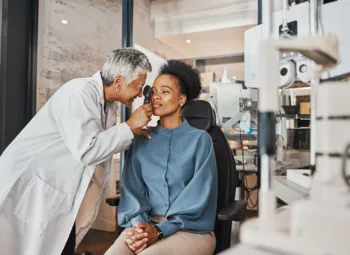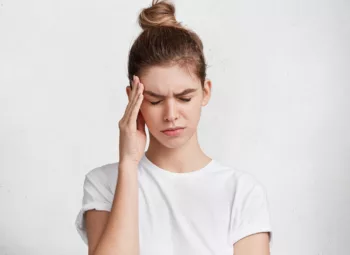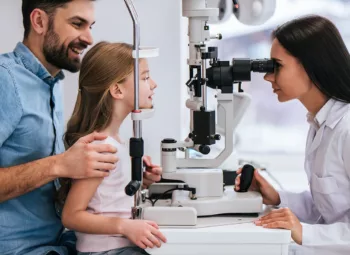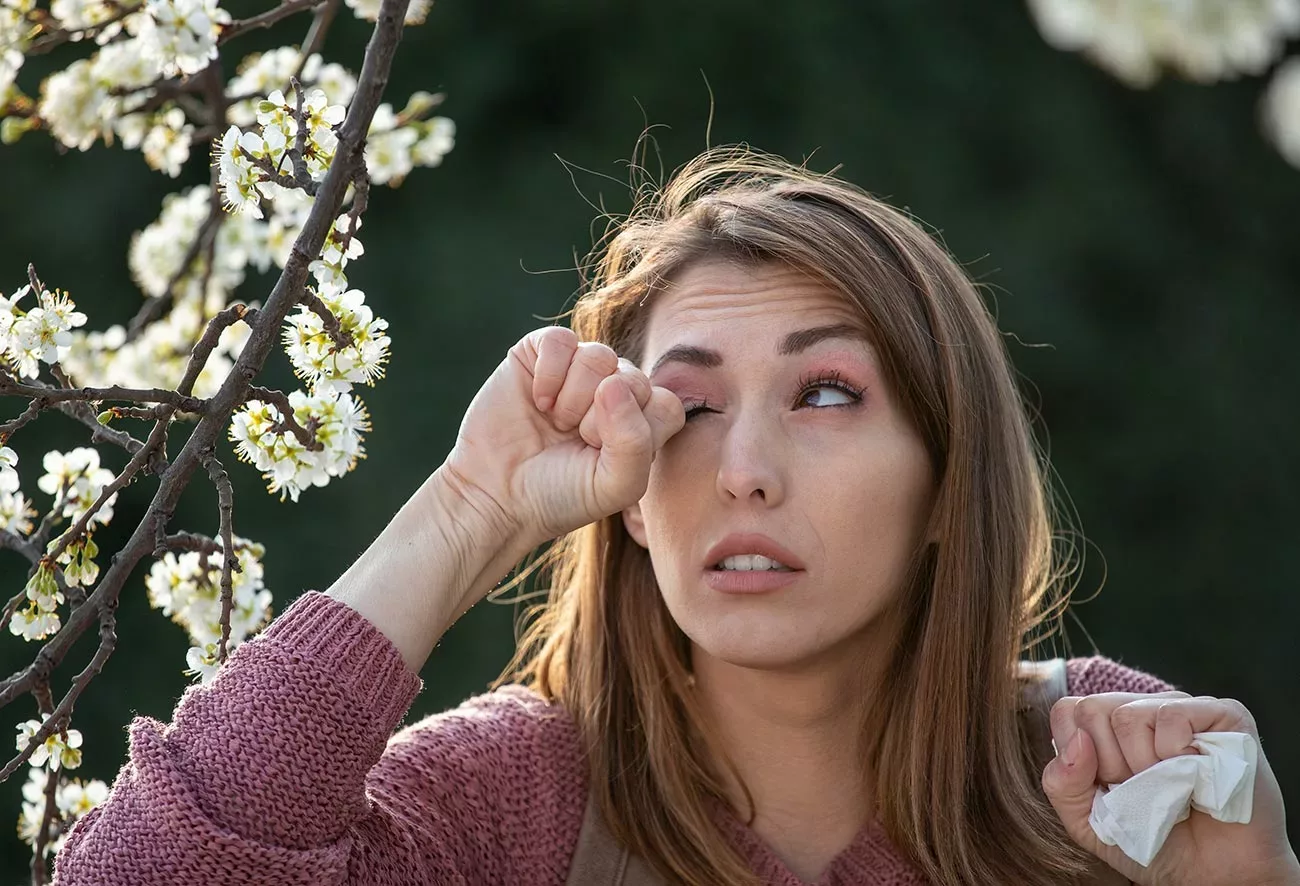
Seasonal allergies keep millions of Americans indoors, sneezing, and rubbing their itchy eyes for one or more seasons of the year. When it’s a beautiful spring day, perfect for a walk or a ball game, the grass pollen may drive you indoors instead. If you are one of the many people whose eyes are especially sensitive to these allergies, you may be experiencing itchy, stinging, red, puffy, dry, or even watery eyes. These eye allergy symptoms can begin to affect your daily life. In this article, you’ll learn how to alleviate seasonal eye allergies.
5 Ways to Treat Seasonal Eye Allergies at Home
Seasonal allergies can really get in the way when they cause itching and watering to the point of distraction. With pollen counts up, the tears can begin to flow. Fortunately, there are five effective remedies you can act on today.
Avoid the Triggers
The very best defense against allergies is avoiding the things that cause them. These things vary with the seasons. Here are some ways that the impact of those triggers can be reduced all year round.
Outdoor Allergies

One of the main causes of seasonal allergies in the spring is pollen from grasses, trees, and flowers. Tree pollen is active as early as February, when the trees are blossoming. Grass pollen is at its peak March through June. July through September it’s ragweed. Avoiding areas with high or freshly mown grass, or weeds during these months will help to limit exposure. Regardless of the type of pollen, windy days will be more triggering as the pollen is moving through the air. Air quality apps and most weather apps will provide pollen counts, making outdoor plans easier to make. Some simple ways to limit exposure include:
- Staying indoors when pollen counts are high
- Using the air conditioner on warm days, which filters pollen out, instead of opening windows
- Letting someone else mow the lawn
- Wearing sunglasses
Indoor Allergies
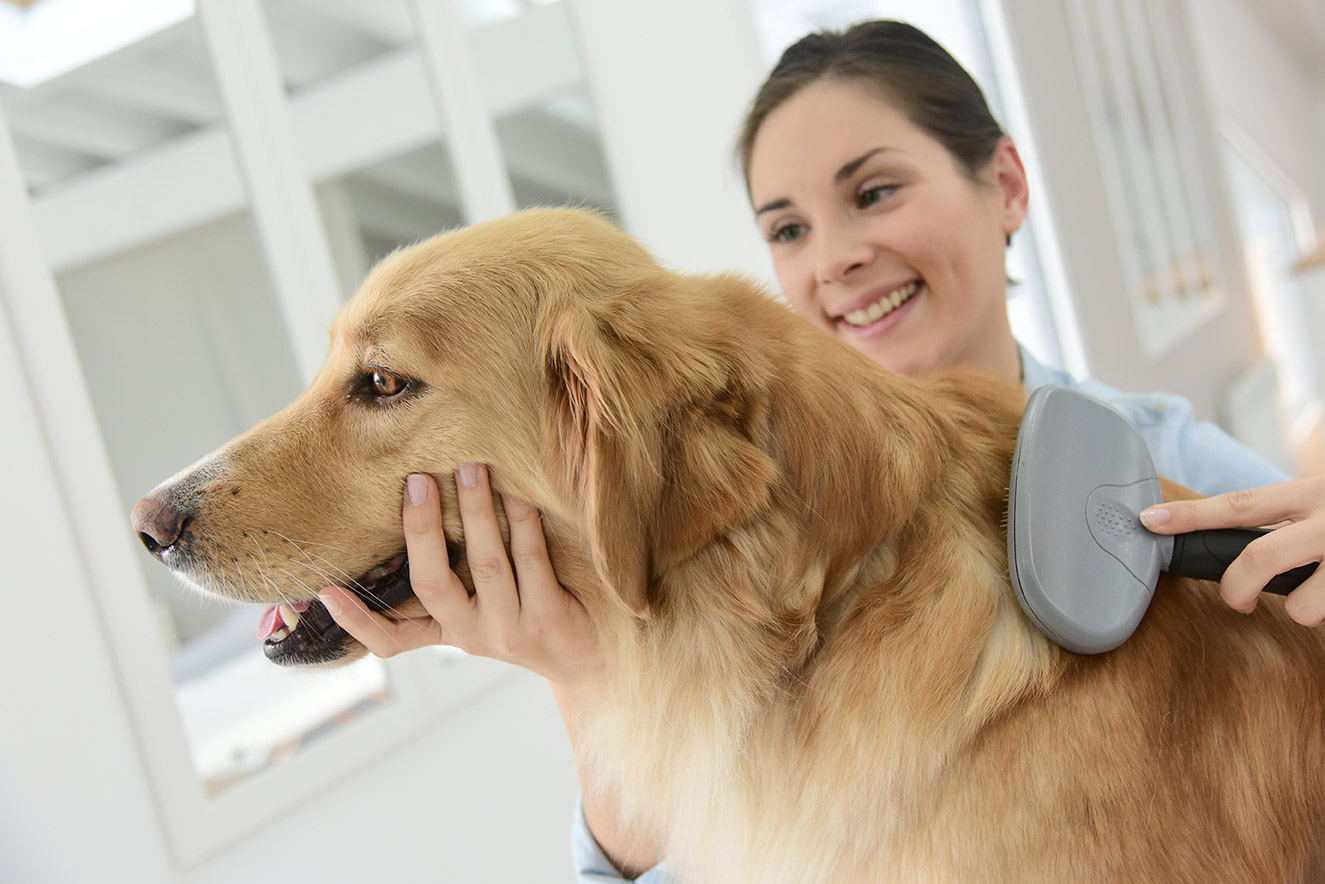
Not all allergens (substances that trigger allergic reactions) are found outside. With the damp winter weather, mold is more of a concern. It sends out spores into the air that can cause allergic reactions. Also, the dust mites that live in house dust and the proteins that live in pet dander can cause allergic reactions for many people. The pet’s fur can also be a place where dust mites, mold spores, and pollen can collect. Spending more time indoors increases the exposure to these irritants.
Reducing indoor allergens can be accomplished with these simple practices:
- Using an air purifier to combat dust
- Using a dehumidifier to reduce the moisture that helps mold thrive
- Increasing the frequency of dusting, mopping, and vacuuming
- Leaving a window cracked open in the bathroom and kitchen when steamy
- Airing out the house on milder days
- Increasing the frequency of Fluffy’s spa days
- Brushing pets more while they’re losing their winter coats
Apply a Cold Compress
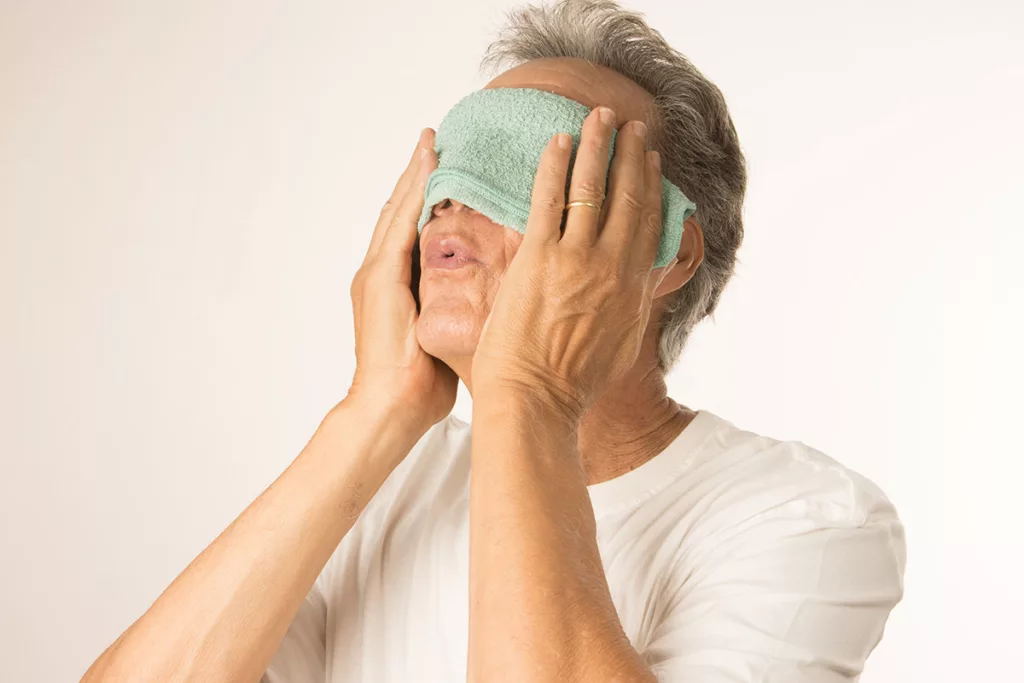
In addition to avoiding the allergens, the symptoms can be alleviated by a couple of home remedies that can give quick relief. The histamines the body releases in response to the allergens can cause inflammation and redness. These can be relieved with a cold compress applied to the eyes. The compress, such as a cool, moist wash cloth, may be applied as symptoms present, or even a couple of times per day during allergy season to keep these symptoms under control.
Eye drops
Eye drops can provide much-needed relief for the dryness, inflammation, stinging and itching associated with eye allergies. It may seem counterintuitive to add eye drops to runny eyes, but eyes often water excessively in response to the dryness caused by the allergies. Flushing out the pollen with tears, whether natural or from eye drops, can be a huge relief as it removes the irritants while soothing the discomfort.
Avoid Rubbing Eyes
It can be incredibly hard to refrain from rubbing what’s itching. However, rubbing one’s eyes will only increase the inflammation and can introduce more pollen or bacteria from the hand itself, risking an eye infection. When tempted to rub the irritated eye, it can be a reminder to instead reach for eye drops or a cold compress.
Give Eyes a Rest from Contacts
When eyes are dry or watery from allergens, contact lenses can become less comfortable. It’s a good idea to switch to glasses until the eyes recover. In the case of a severe allergic reaction, your eyes could swell and trap your contacts, leading to a much more serious problem.
When to Seek Help for Eye Allergy Symptoms
The good news about seasonal eye allergies is that they’re seasonal and treatable. If you’re not getting sufficient relief from avoiding the triggers, applying compresses, and using eye drops, or if your eyes have started to swell shut, it’s time to seek medical help. If you experience a rapid reaction with swollen eyelids and your face is hot to the touch, seek medical assistance as it could be a more serious condition.
If your symptoms are chronic and interfering with your daily life, it’s best to seek the help of an eye doctor, who may be able to prescribe special eye drops for more effective relief. If you are struggling with eye allergies or are experiencing prolonged or severe symptoms, we invite you to visit Dr. Shobha Tandon at NeoVision Eye Center.
Schedule an Eye Exam in Union City
Take the first step toward relieving your eye allergy symptoms by scheduling a NeoVision eye exam using the form below.
"*" indicates required fields

